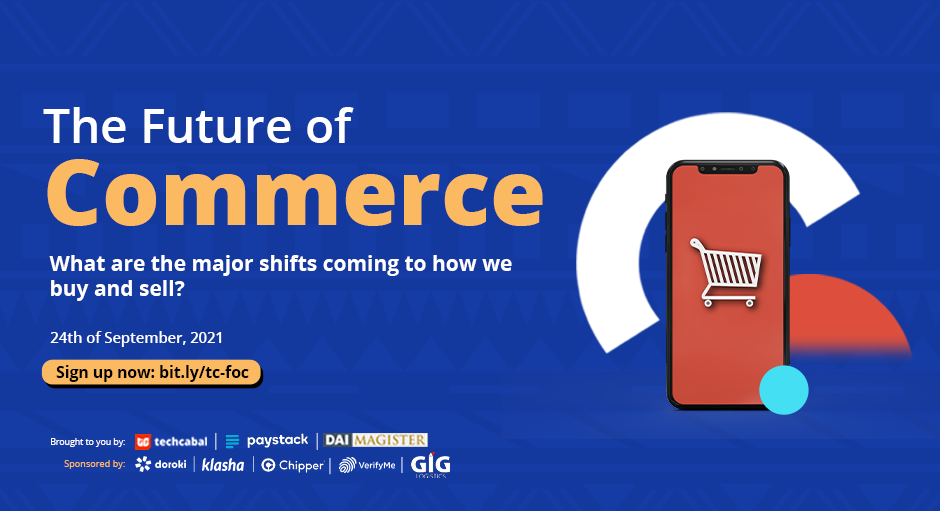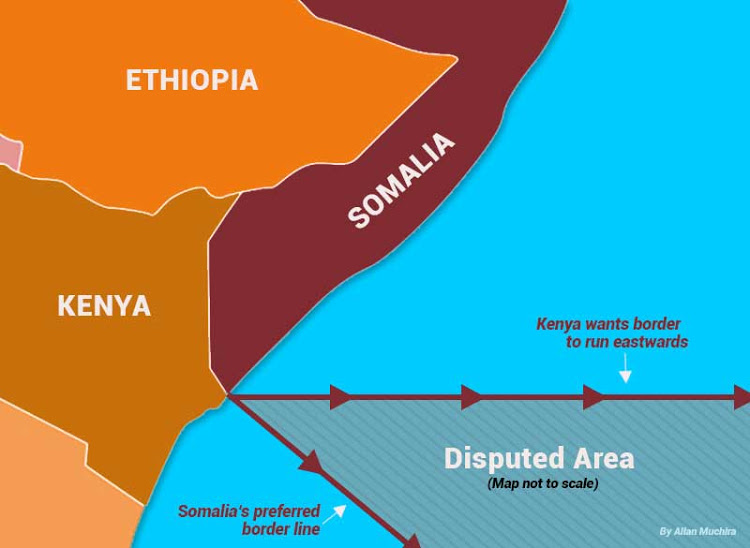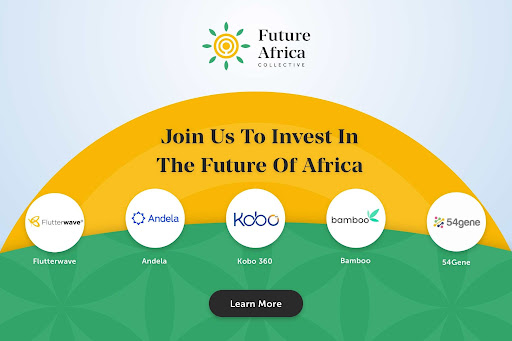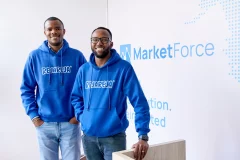
IN PARTNERSHIP WITH

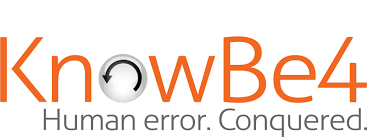
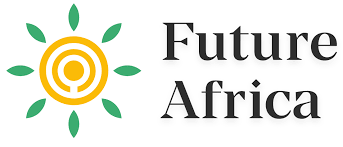
Good morning ☀️ ️
MultiChoice, DStv’s parent company, is adding internet services to its portfolio. Soon, you’ll be able to buy data along with your monthly subscriptions.
The product is called DStv Internet.
With support from MTN, DStv Internet (only available in South Africa) is a fixed wireless access service with a SIM card and Wi-Fi router. There are three data packages available: 25GB, 110GB, and 220GB, all with commensurate nighttime plans.
We didn’t see this coming. Did you?
In today’s edition:
- Netflix is free, but only in Kenya
- Is the Somalia-Kenya maritime dispute is almost over?
- Ventures Park’s new Abuja campus
- The Apple incentive to get vaccinated
NETFLIX IS FREE, BUT ONLY IN KENYA

Netflix has announced a free mobile plan for subscribers in Kenya. Why, you ask? Well, to boost growth in the region.
Their aim is to let Kenyans see what the fuss about the platform is all about, and hope that they’ll find the content captivating enough to move on to paid plans.
There’s a lot that won’t be included in the free plan like the download feature. Some TV shows and movies will also be locked, and any free-plan subscriber that wants to access them will be prompted to migrate to a paid plan.
Why Netflix needs to boost growth?
We’ve written about this here but here’s a quick recap.
Netflix’s growth in Africa is falling short of expectations. In total, Netflix has less than 2.6 million subscribers on the continent. That’s a small percentage, especially when compared to the 27 million subscribers the platform has in Asia, or the 38 million subscribers in Latin America. Netflix was launched in both regions around the same time but Africa still lags in growth.
Okay, but will Netflix’s new strategy work?
From this end, it still doesn’t seem like it. One huge hindrance to Netflix’s growth on the continent is data prices since people have to stream content.
Here’s how most people see it: after they pay for the content, they still have to spend money on gigabytes of data to watch what they have already paid for.
Even though this is the digital equivalent of paying for a product and delivery fees, it’s still not as popular a concept here because the PayTV services like DStv we use don’t require additional fees for streaming.
Data in many African countries is still expensive and streaming Netflix doesn’t go easy on the pockets. An hour of streaming movies or series on Netflix costs 1GB of data at standard definition, and 3GB at high definition.
Kenya has more affordable data plans and this, perhaps, is what Netflix is targeting. 1GB of data can cost as low as $0.27 in the country so it’s definitely possible that more Kenyans will patronize the platform.
Zoom out: Netflix is right to push for growth. Even though streaming services in Africa are quite new, there are many contenders for the people’s cash hearts with platforms like ShowMax and IrokoTV trailing Netflix with similar pricing and products, and PayTV services like DStv working on providing cheaper packages.
Is the Somalia-Kenya maritime dispute is almost over?
The International Court of Justice (ICJ) has announced a judgment date for the long-standing Kenya-Somalia maritime dispute.
Over the past several years, the two East African countries have been in and out of court debating over 100,000 square kilometres of coastline, thought to be rich in oil and gas.
The oil and gas industry is a profitable one. Whoever wins the case will have access to new oil wells and the right to lease them, which could provide a major economic boost.
The ICJ will issue its verdict on October 12th.
Remind me, what’s the dispute about?
Somalia believes that the maritime boundary should run along its South-Eastern land border. Kenya says the boundary should take a 45-degree turn along the shoreline and run in a latitudinal line. According to Kenya, this follows an existing maritime boundary, established in 1979.
Back and Forth
The two countries attempted to settle the dispute out of court until 2014 when Somalia asked the ICJ to make a judgment. Since then, the East African neighbours have been in a back and forth that has come with serious consequences.
In 2019, Kenya accused Somalia of attempting to auction off off-shore hydrocarbon licenses in the disputed area. Months later, Kenya deported two Somali legislators and a minister, blocking their arrival at the country’s international airport.
Somalia has also periodically turned off the funnel for khat inflows from Kenya, from which Kenya gains around $148,000 in daily exports. In March 2020, Somalia banned the import of khat citing the COVID19 pandemic but allowed imports of the plant from Ethiopia to continue.
Enforcers
Kenya has been pushing for an out-of-court settlement, and Somalia has been resolutely for an ICJ-issued judgment. Last year Kenya also appealed three court dates, citing the COVID19 pandemic and a change of counsel. But who will enforce the verdict once it’s issued?
The ICJ’s ruling will be final and cannot be appealed, but it can’t force the two countries to comply. The two parties must agree to the ruling for it to work. So, it seems like October 14th may not be the end of this story. We’ll be back with an update in a few weeks.
Increase your online sales with a Paystack Storefront – a free, beautiful seller page that helps you bring creative ideas to life.
🏾 Learn more at paystack.com/storefront
This is partner content.
VENTURES PARK’S NEW ABUJA CAMPUS
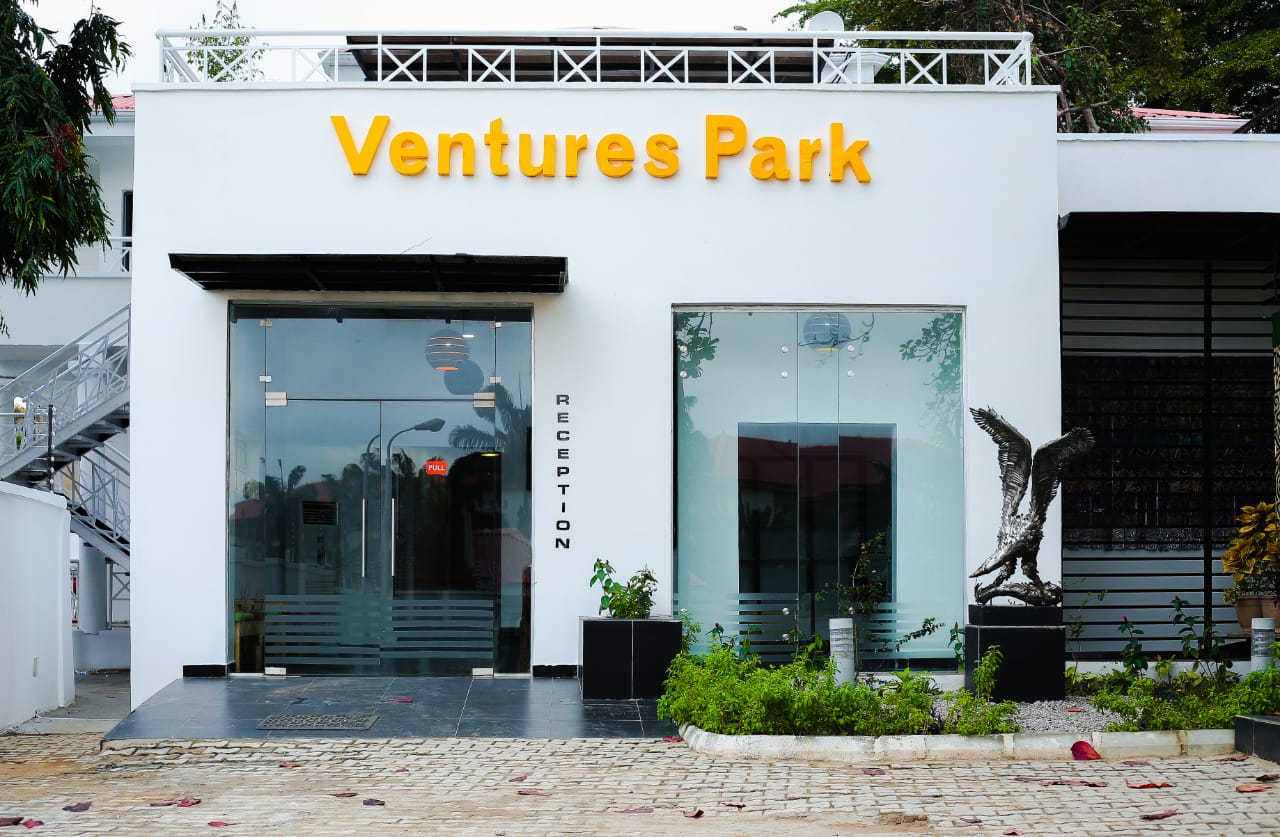
Across the world, Covid-19 has upended the way work is done. Some of the changes – such as working from home either fully or partly – are expected to be lasting, or permanent.
While most people in Nigeria, and Africa at large, still work from physical offices amid the health crisis, several companies have fully embraced the idea of having their employees work from home.
Can it work?
There are major barriers to the success or long-term adoption of remote work in Nigeria; such as irregular electricity supply, poor network connectivity, and high internet costs.
Enter, co-working spaces
Co-working spaces allow several workers from different companies to share one venue and save costs on utilities like internet, transport, and electricity. There are about 35,000 co-working spaces around the world, saving workers and companies thousands of dollars per month.
In Nigeria, there are at least 169 co-working spaces spread across the country and Ventures Park, one of the leading spaces, just launched a new branch in Abuja.
How does it work?
The new 2,000-sq-meter hub is located in Wuse II, Abuja, and has the capacity to accommodate over 200 people. It has facilities such as private and shared offices, dedicated desks, restaurants, and spaces designed to host events, conferences, fun activities, and more.
The campus is open to technology enthusiasts and stakeholders, non-governmental organisations, international agencies such as the United Nations, as well as researchers and professors working in northern Nigeria.
Ventures Park offers different free and paid membership plans for people looking to make use of the campus, including low-cost options from as low as N1,500 ($2.7).
Read more in Ventures Park unveils a new campus in Abuja for tech enthusiasts.
KB4-CON EMEA is a free, highly engaging, cybersecurity-focused virtual event designed for CISOs, security awareness and cybersecurity professionals in Europe, the Middle East and Africa.
The event will be on Thursday, September 23rd and features keynotes from two of the most well-known figures in cybersecurity. Mikko Hyppönen will cover how our global networks are being threatened by surveillance and crime, and how we can fix our technical, and human, problems. Kevin Mitnick will reveal social engineering tradecraft and insights and wow you with a live hacking demonstration. You can register here.
This is partner content.
THE APPLE INCENTIVE TO GET VACCINATED
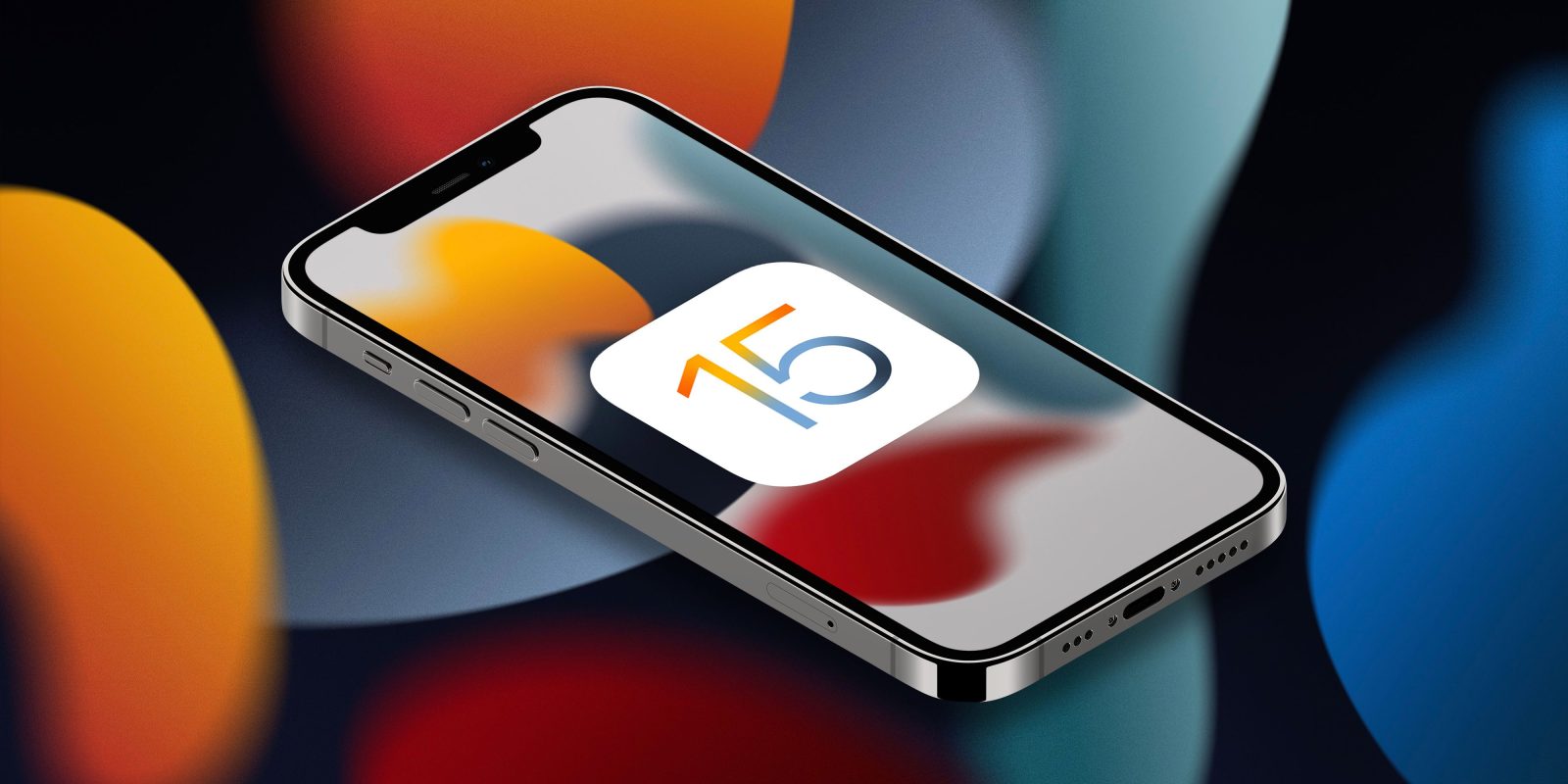
The latest Apple operating system, iOS 15, was released on Monday. While the announcement was made earlier in June, Apple only recently made the update free-to-download for iOS users.
There are quite a few new interesting features including spatial audio, and a richer Apple Maps.
Anything noteworthy?
The most notable feature that will be coming with iOS 15, however, is the COVID vaccine certification feature. It’s still in the works but very soon, Apple will allow users to upload and store their COVID vaccine records on the Health app. Businesses and public venues can then request and verify the records from their customers in order to ensure safety as the pandemic continues.
So say you want to organize a party but you want to make sure everyone is taking the necessary precautions. You can verify who has been vaccinated using only phones and admit those who are safe.
Will it work in Africa though?
This seems like a great way to incentivize the public to get vaccinated. Countries like France and China have since set up strict health checks that restrict unvaccinated people from accessing public places like restaurants, bars, or even airports.
Wide use of the feature is less feasible in Africa though, especially when you consider the fact that only 3% of the total African population have been fully vaccinated.
Since it concerns digital transmission, it’s important to consider just how many African governments are equipped to handle both physical and digital health records. While countries like Tanzania and Malawi have begun rolling out electronic certificates, others are more concerned with just getting dosages to their people.
Also, there’s a higher number of Android users on the continent than Apple users, with Google’s Android accounting for 83% of the mobile operating systems as opposed to Apple’s 14%.
Zoom out: One final thing to consider is how many local businesses or venues will be able to afford the tech, however minute, it will take to verify their customers.
Join the Future Africa Collective – an exclusive community of investors who invest in startups building the future of Africa. With a $1,000 annual or a $300 quarterly subscription fee, you get access to invest a minimum of $2,500 in up to 20 fast-growing African startups each year.
Learn more here.
This is partner content.
What else we’re reading
- For the fourth year in a row, Safaricom has been announced as a Global Compact LEAD participant for its ongoing commitment to the United Nations Global Compact.
- During the pandemic, about 20% of full-time staff at formal and informal businesses in Nigeria lost their jobs.
- There have been reports of unlawful wiretapping by the South African police and people aren’t taking it sitting down. AfriForum, for one, is taking legal action against them.
- Uganda’s gnuGrid is using its recent $612k seed funding to expand into the fintech space.








